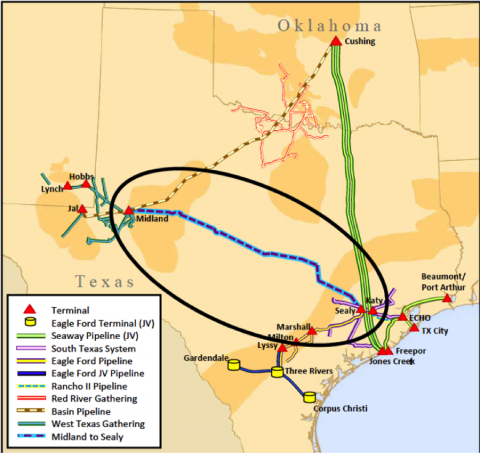No question about it: Hurricane Harvey and its aftermath have been horrible. It will be a very long time before things return to anything like “normal” for a lot of people. One of the few things that bring a smile these days is the amount of volunteer effort going on in response to the hurricane. Boaters across Texas hauled out their boats, headed to Houston and have been rescuing people. Churches, businesses and public institutions open their doors to serve as shelters. Nonprofit rural water and electric co-ops all over Texas are sending their crews and equipment to help the local crews in Southeast Texas restore water and power service.
One of the things I was intrigued to learn is that Anheuser-Busch has a history of producing water for disaster situations and Hurricane Harvey is no exception. When disaster strikes the company halts their production at its Cartersville, Georgia brewery and begins canning drinking water instead. So far, they’ve delivered over 410,000 cans of safe drinking water to the Gulf Coast. According to their website, they’ve been doing this since 1988. In 2016, Anheuser-Busch produced and shipped emergency drinking water to the California wildfire area, as well as areas impacted by the Louisiana floods and Hurricane Matthew.
Yes, I realize it’s good PR. But it’s also a really nice thing to do. Texans are tough and we will recover from this. However, it sure is nice to have the help!
 Texas Oil and Gas Attorney Blog
Texas Oil and Gas Attorney Blog


